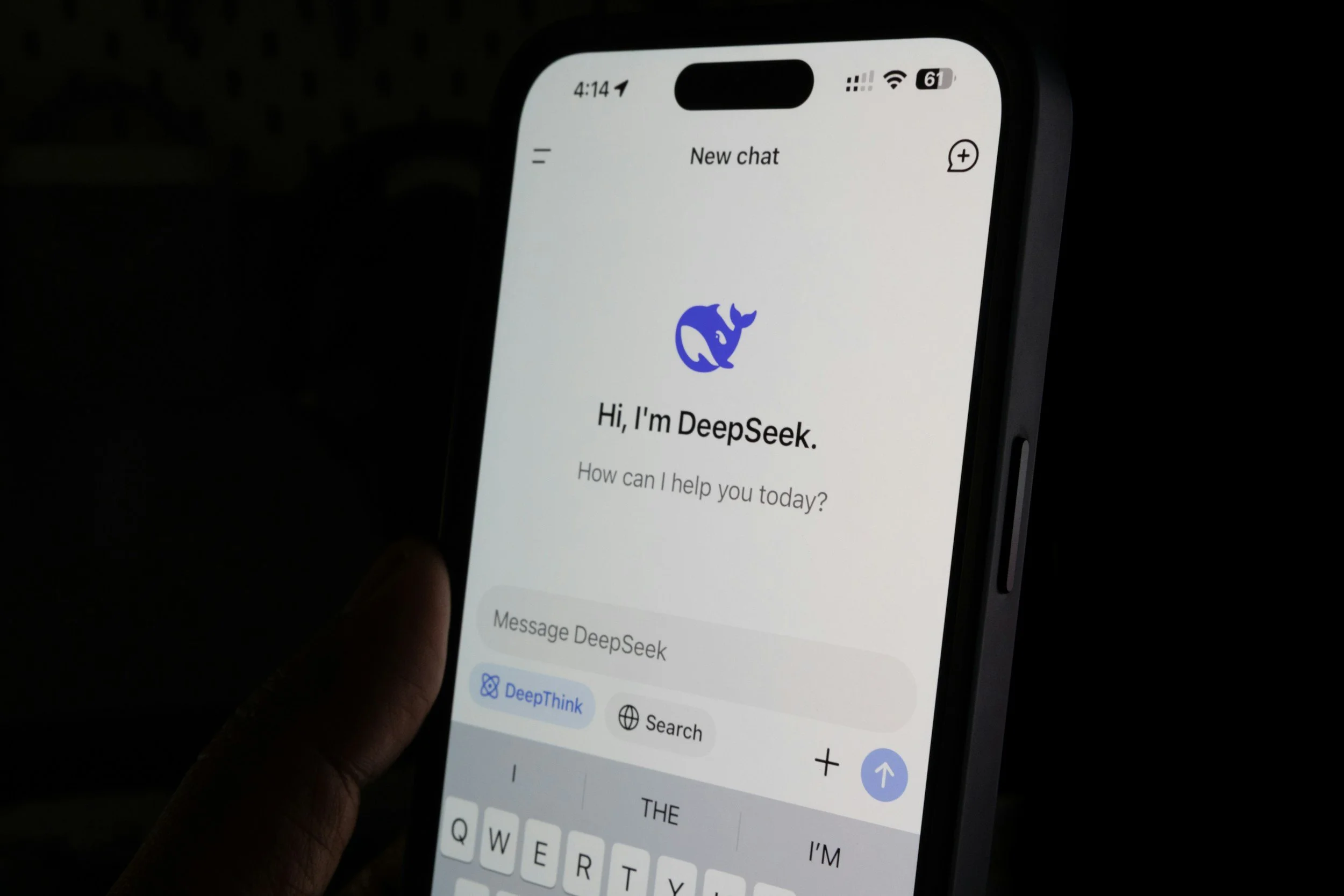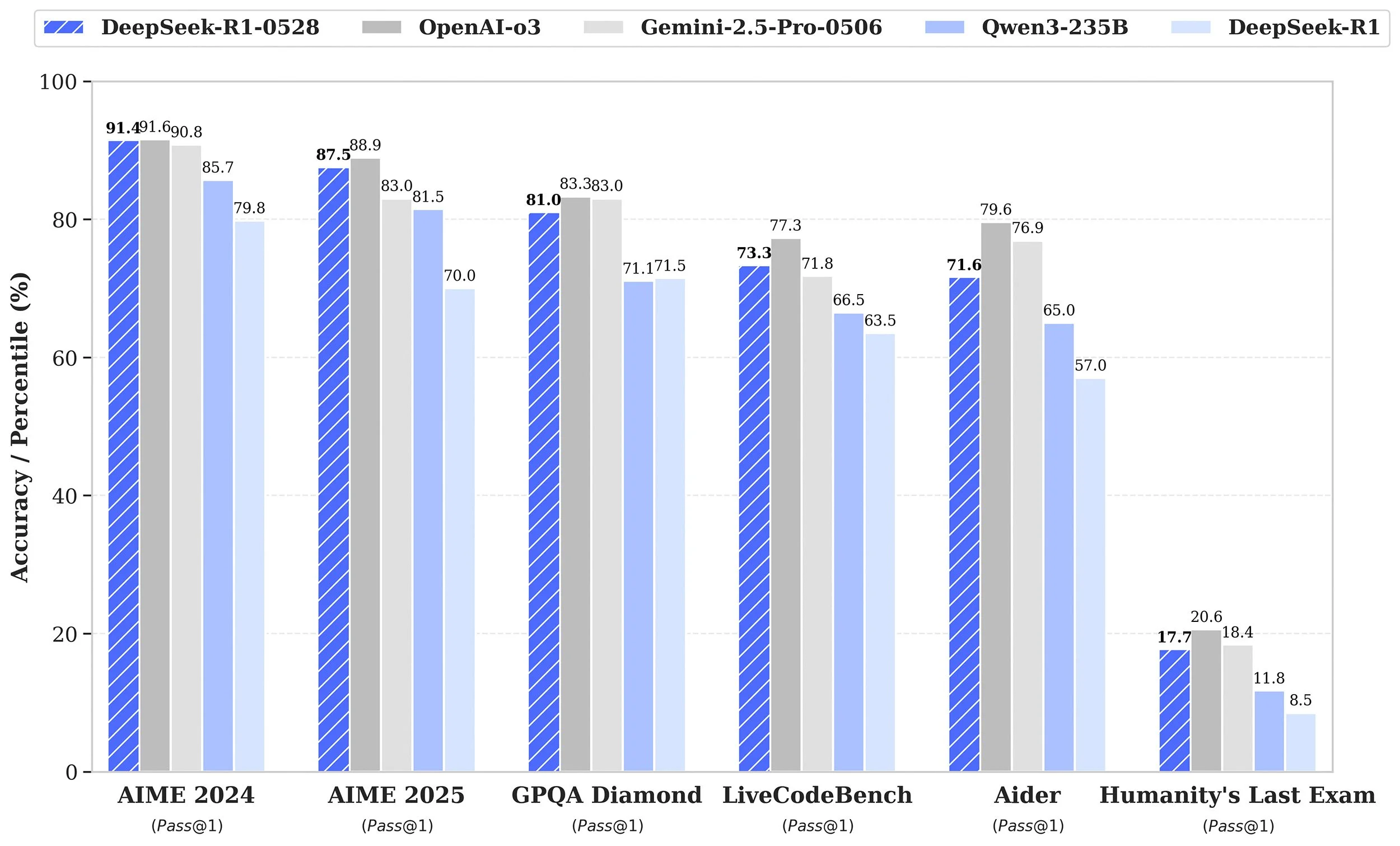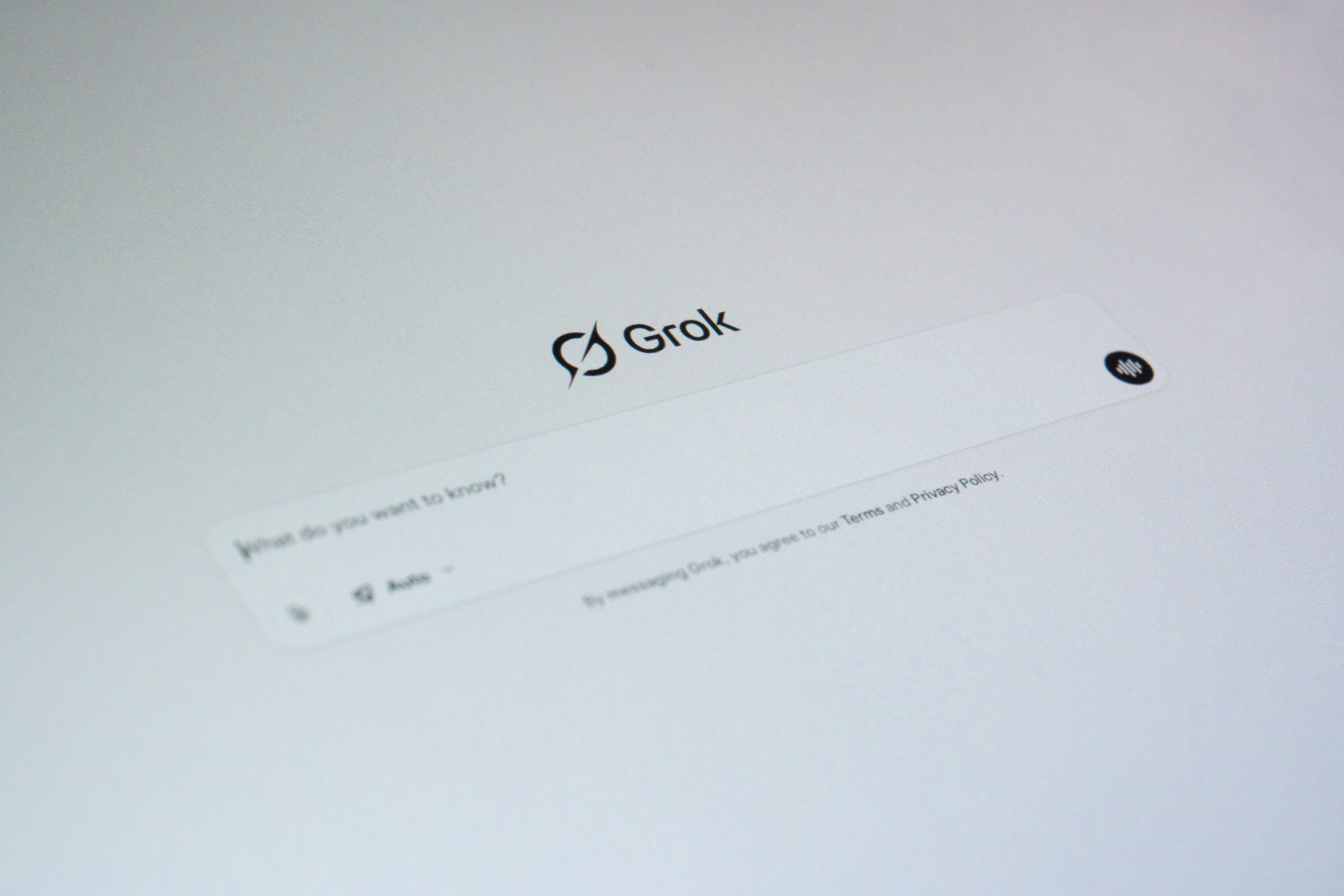DeepSeek R1-0528 Update: Chinese AI Model Challenges Global Competitors with Open-Source Release

Image Credit: Solen Feyissa | Splash
Chinese artificial intelligence startup DeepSeek has released an updated version of its R1 reasoning model, named R1-0528, on the developer platform Hugging Face, intensifying competition with U.S. AI firms like OpenAI.
DeepSeek’s Emergence in AI Innovation
Founded in July 2023 by Liang Wenfeng in Hangzhou, Zhejiang, DeepSeek has quickly established itself as a significant player in the AI industry. The company’s R1 reasoning model, launched in January 2025, achieved performance comparable to leading models from U.S. firms but was reportedly developed at a fraction of the cost. Built on the DeepSeek-V3-Base architecture, the R1 model was trained for approximately US$6 million—significantly less than the estimated US$100 million spent on OpenAI’s GPT-4—largely due to the use of model distillation. However, some experts suggest that DeepSeek may be using a similar number of GPUs as its competitors, although there is currently no evidence to confirm this.
R1-0528: Benchmark Performance Across Key Evaluations
The R1-0528 update, released on May 29, 2025, enhances the model’s reasoning and coding capabilities. Benchmarking on LiveCodeBench—a benchmark developed by researchers from UC Berkeley, MIT, and Cornell—shows that R1-0528 ranks just below OpenAI's o4 mini and o3 models in code generation tasks, while outperforming xAI’s Grok 3 mini and Alibaba's Qwen 3.
In mathematics, R1-0528 achieved a Pass@1 score of 87.5% on the AIME 2025 benchmark, indicating significant improvement over previous versions.
The model is released under the MIT License, promoting open-source accessibility and enabling developers worldwide to utilize and adapt the model for various applications.
Detailed Comparsion
Benchmark tests indicate that DeepSeek’s R1-0528 model generally ranks behind some of the latest AI systems from both the United States and China, though the results vary by task.
In the AIME 2024 mathematics assessment, R1-0528 scored 91.4 percent, just below OpenAI-o3’s 91.6 percent and slightly above Gemini-2.5-Pro-0506 at 90.8 percent.
For the 2025 version of the same test, R1-0528 reached 87.5 percent, again behind OpenAI-o3, which scored 88.9 percent.
On the GPQA Diamond general knowledge test, R1-0528’s result was 81.0 percent, behind both OpenAI-o3 and Gemini-2.5-Pro-0506, each scoring above 83 percent.
In computer code generation, measured by the LiveCodeBench assessment, R1-0528 achieved 73.3 percent, which is lower than OpenAI-o3 at 77.3 percent but higher than Gemini at 71.8 percent.
For problem-solving ability, R1-0528 scored 71.6 percent in the Aider evaluation, behind OpenAI-o3 at 79.6 percent and Gemini-2.5-Pro-0506 at 76.9 percent.
In the advanced reasoning test, Humanity’s Last Exam, R1-0528 scored 17.7 percent, also behind OpenAI-o3 at 20.6 percent and Gemini-2.5-Pro-0506 at 18.4 percent.

Image Source: Hugging Face
Global AI Race and Industry Reactions
The release of R1-0528 has prompted swift responses from competitors. OpenAI launched the o3 mini model, optimized for lower computational requirements, and Google introduced discounted access tiers for its Gemini model. Chinese tech giants Alibaba and Baidu have also released their own models, Qwen3 and Ernie X1 respectively, with Qwen3 claiming superior benchmark performance.
DeepSeek’s open-source strategy contrasts with the proprietary approaches of companies like OpenAI and Anthropic, potentially reshaping AI development dynamics by fostering greater accessibility and collaboration.
Strengths and Challenges of R1-0528
DeepSeek's R1-0528 model is recognized for its cost-effectiveness and open-source accessibility, providing affordable AI solutions for developers worldwide. The company claims that the original R1 model is 20 to 50 times cheaper than OpenAI's o1 model for certain tasks. While R1-0528 is an updated version, specific cost comparisons between R1-0528 and OpenAI's o1 have not been publicly detailed.
However, the model has faced scrutiny over data privacy and transparency. Several countries have imposed restrictions on DeepSeek's use, particularly within government agencies, due to national security concerns:
South Korea: In February 2025, South Korea's Personal Information Protection Commission suspended new downloads of DeepSeek after discovering unauthorized transfers of personal data to China.
Taiwan: The Ministry of Digital Affairs banned DeepSeek from government agencies and critical infrastructure, citing risks of cross-border data leaks.
Australia: The Australian government prohibited the use of DeepSeek on all government systems and devices, aligning with broader national security measures against foreign-based technology platforms.
India: The Ministry of Finance banned DeepSeek for government employees, citing national security risks.
Italy: The Italian Data Protection Authority ordered DeepSeek to block its chatbot in the country after the company failed to address concerns over its privacy policy.
United States: While there is no nationwide ban, several U.S. states and federal agencies have restricted DeepSeek's use on government devices. Texas, New York, and Virginia have implemented state-level bans, and agencies like the Navy and NASA have prohibited its use due to security and privacy concerns.
In addition to these regulatory challenges, DeepSeek's chatbot has been evaluated for its reliability in providing accurate information. A NewsGuard audit released in January 2025 found that DeepSeek failed to provide accurate information about news and information topics 83% of the time, ranking it tied for 11th out of 11 AI chatbots tested. The audit highlighted issues with misinformation and bias in the chatbot's responses.
We are a leading AI-focused digital news platform, combining AI-generated reporting with human editorial oversight. By aggregating and synthesizing the latest developments in AI — spanning innovation, technology, ethics, policy and business — we deliver timely, accurate and thought-provoking content.





































